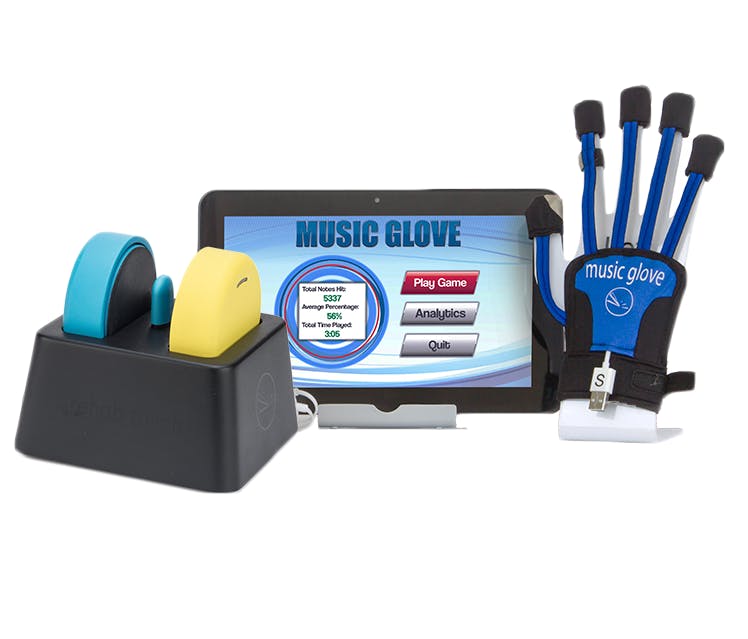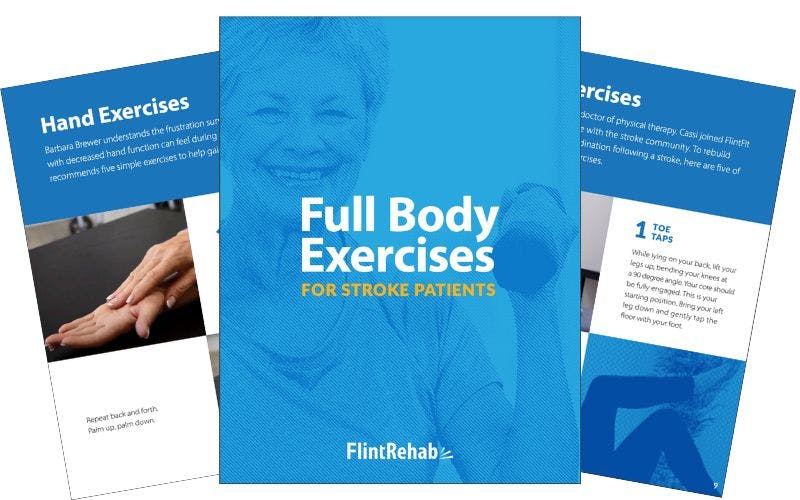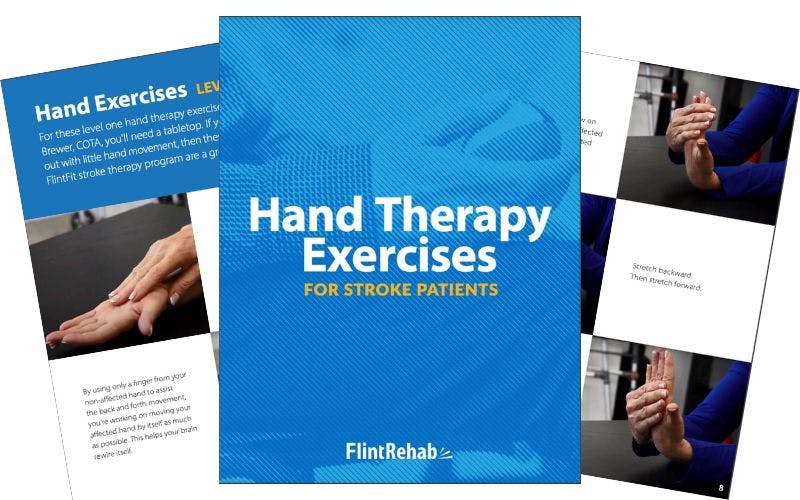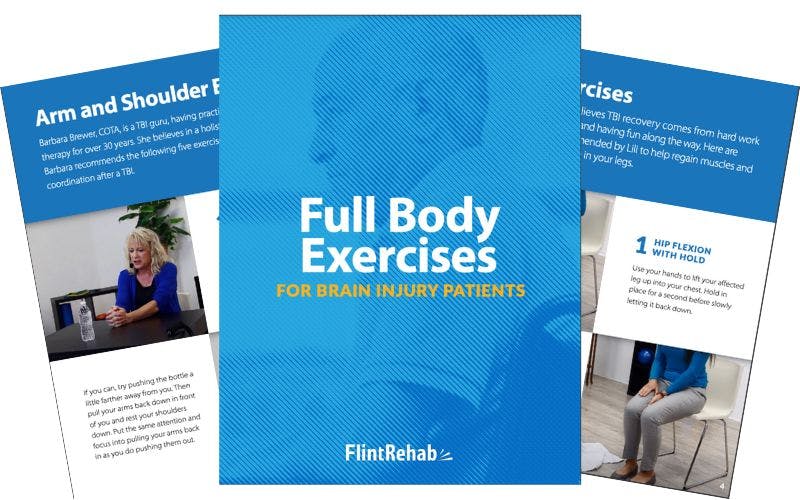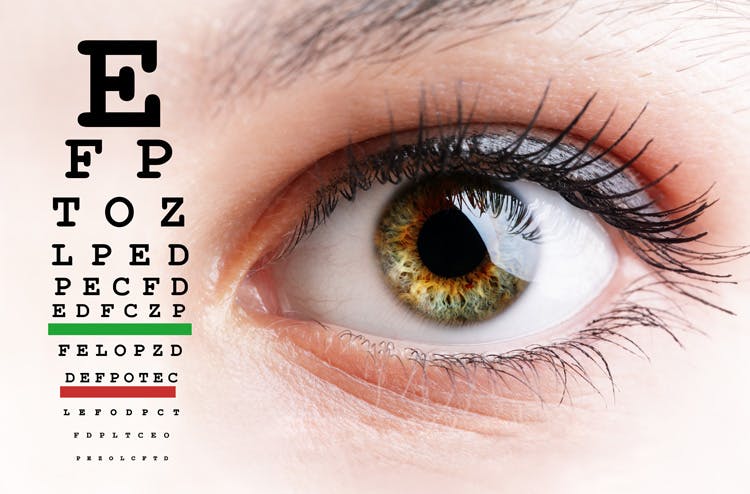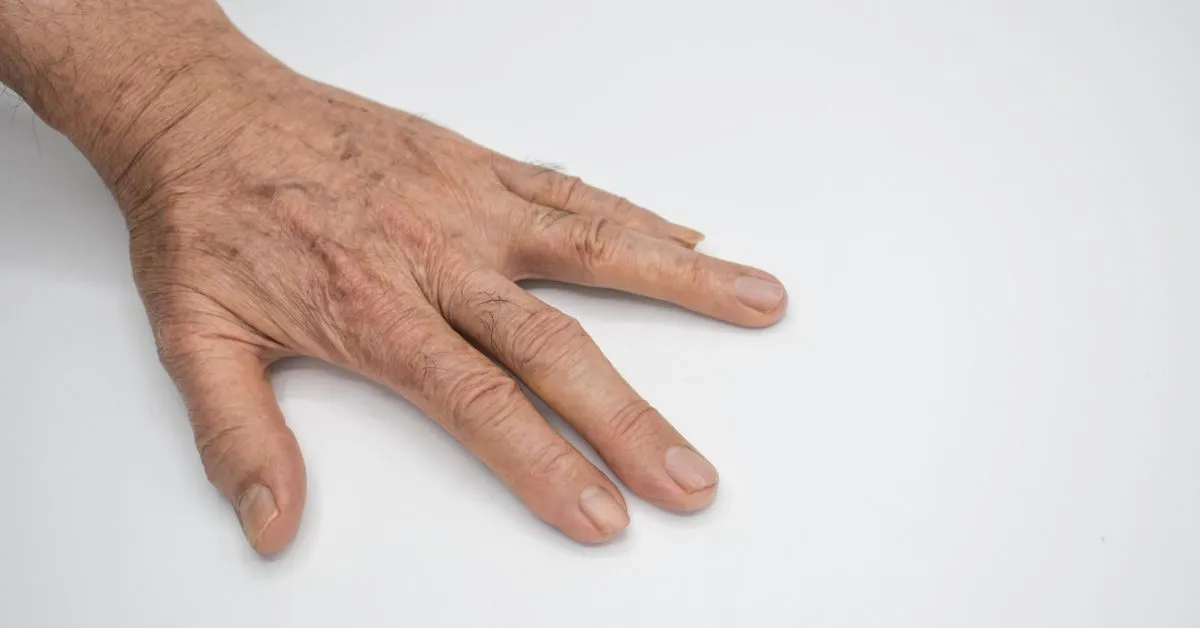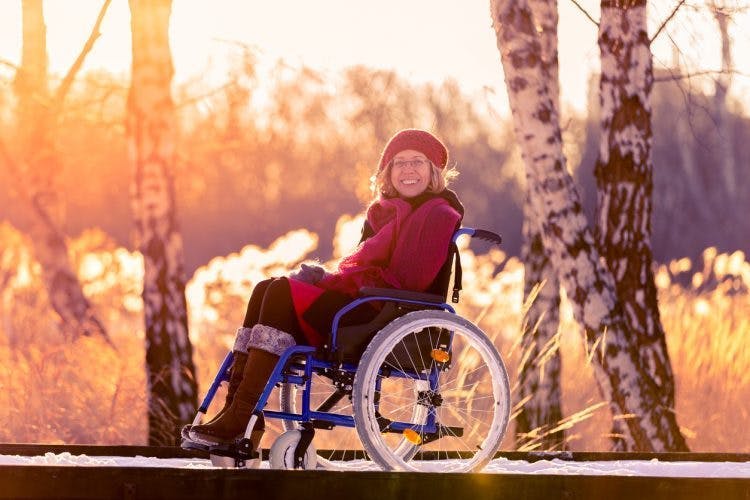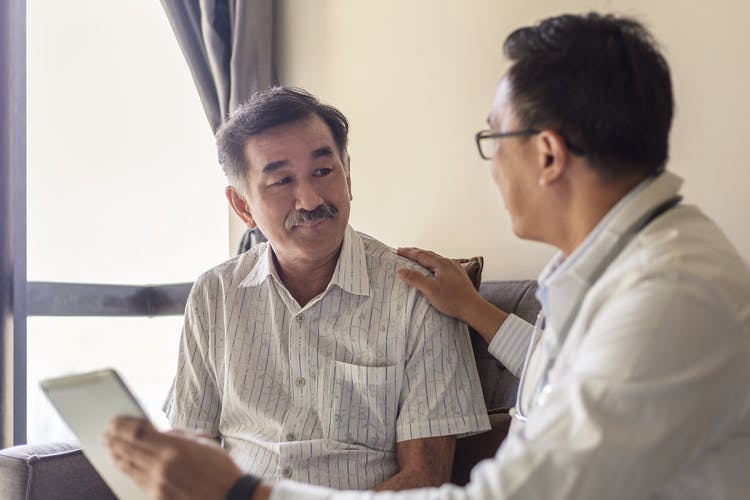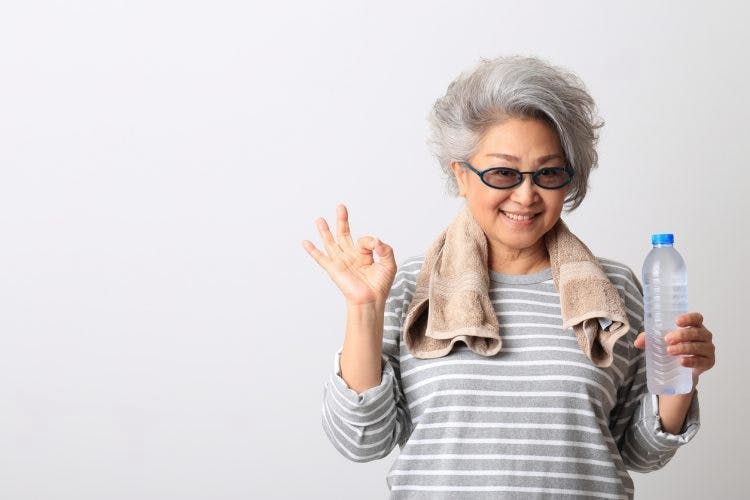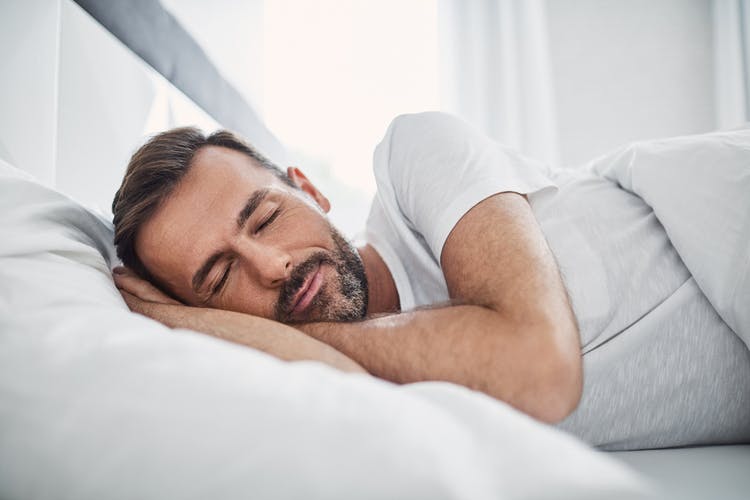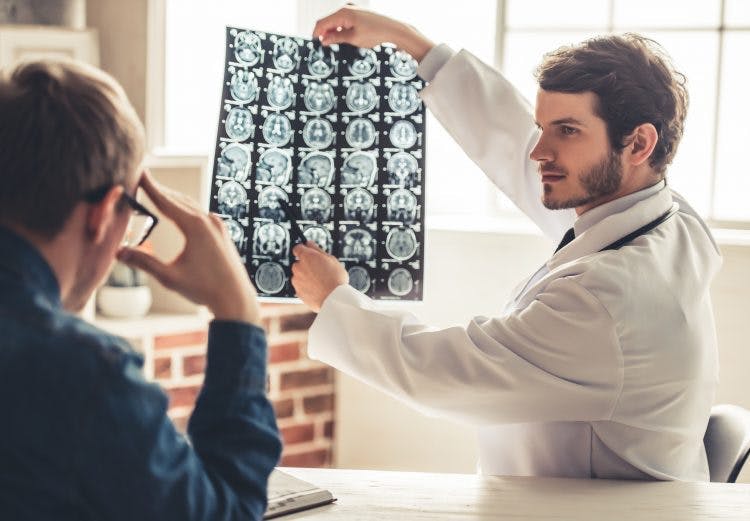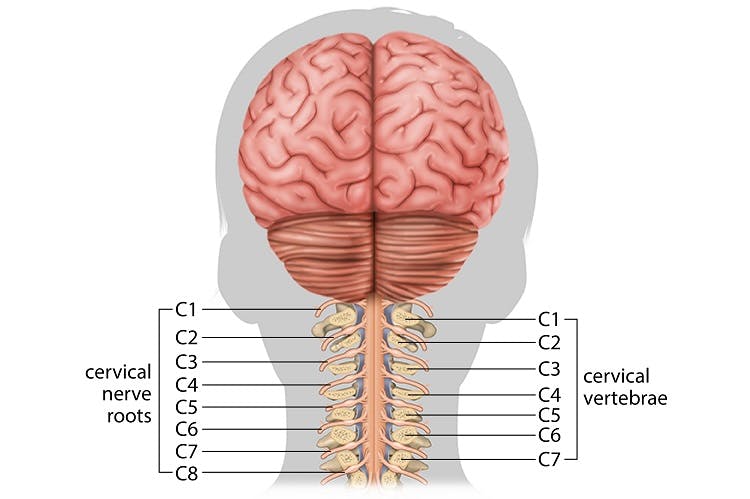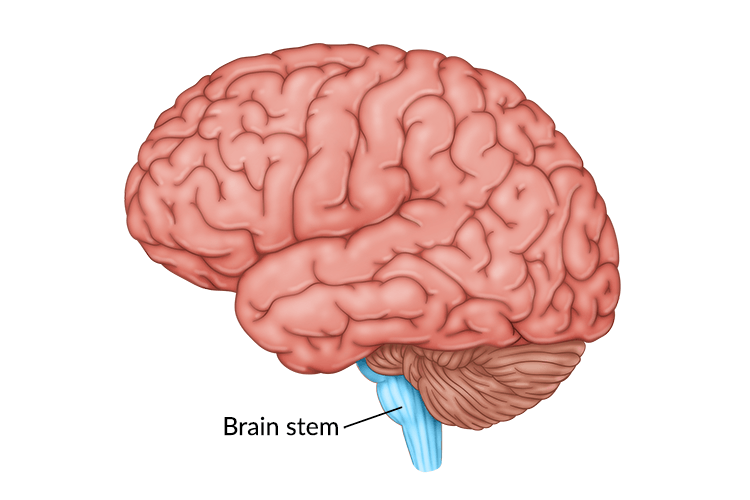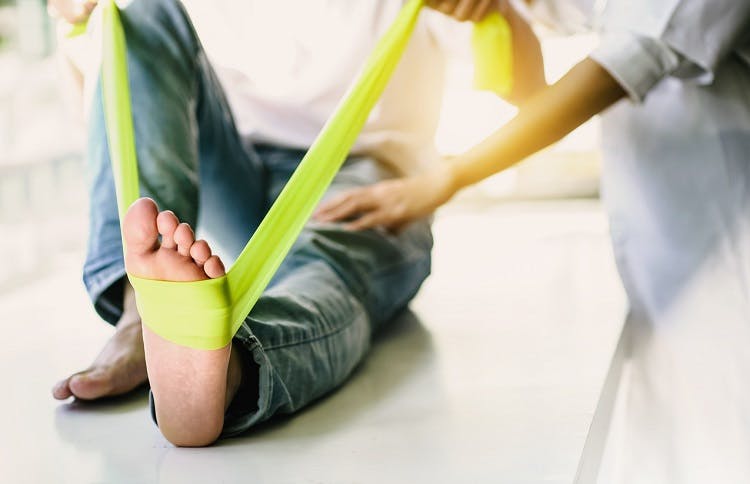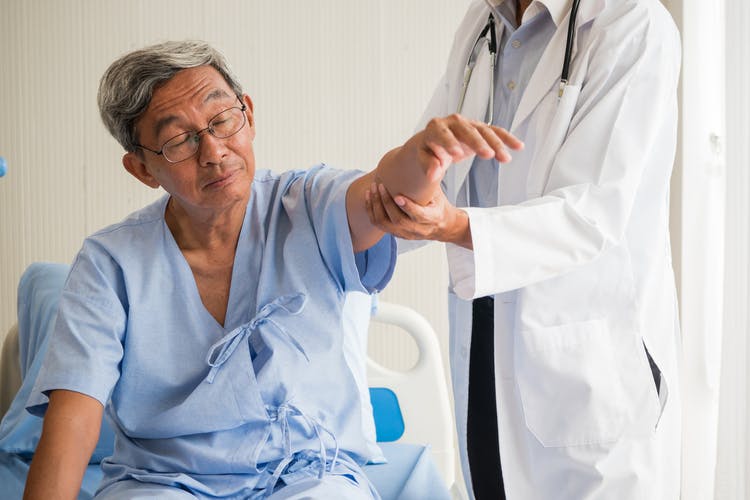Neuro Rehab Tools for Better Home Recovery
Rehab from the comfort of your own home with our FDA listed and clinically proven neuro rehab tools. Great for stroke, TBI, spinal cord injury cerebral palsy, and more — Get started today!

Trusted by Clinicians and Universities
Recover Better From the Comfort of Your Own Home
Safe, FDA listed, and clinically validated to help you recover. Neurorehab devices for stroke recovery, brain injury, cerebral palsy, and more. All products below come with a 30 day money back guarantee if you aren’t completely satisfied!







Top Rehab Products
FitMi - Full Body
FitMi is our most popular neuro-rehab device. Improve full body mobility 3x faster than traditional therapy.
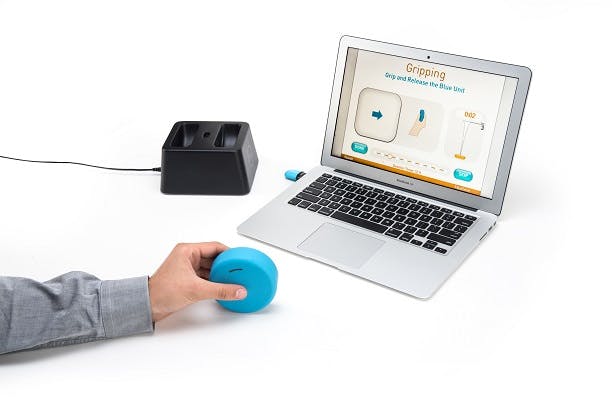
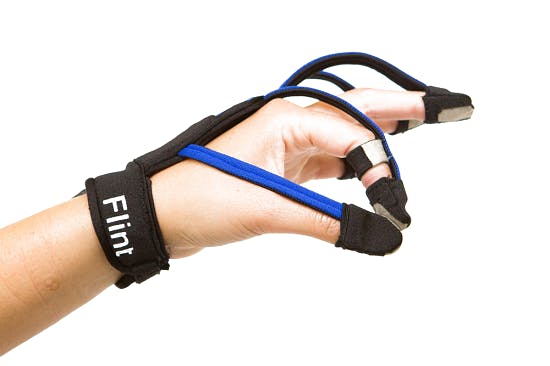
MusicGlove - Music Based Hand Therapy
MusicGlove is perfect if you want to focus on regaining hand and finger movement. It’s the place where music and neurorehab intertwine.
Discount Bundles
Interested in more than one device? Get a discounted bundle of our top selling FitMi + MusicGlove devices.
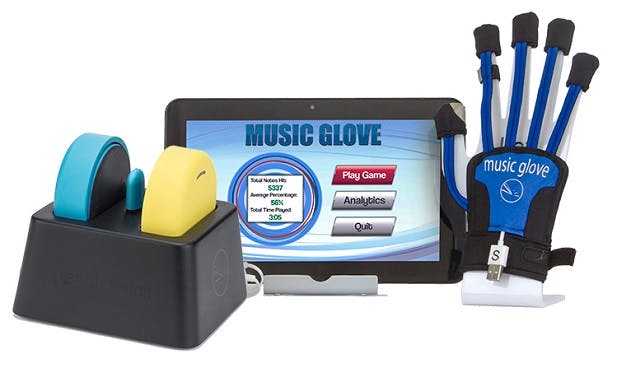
Recovery eBooks for Stroke, Brain Injury, and More
Download our free ebooks and PDFs filled with expert insights and effective exercises to help you recover after stroke, brain injury, and more!

